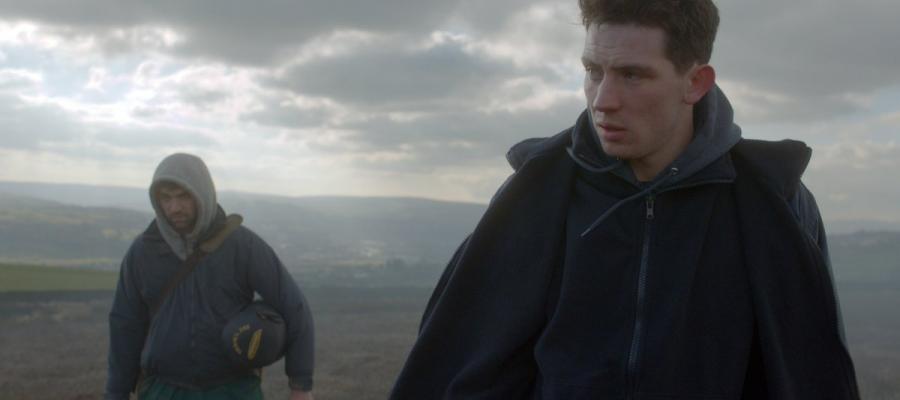Reading, Narrative, and the Self
Nov 28, 2010Reading is a lot of fun, especially narrative fiction – everyone loves a good story. But maybe there's more to it than that.

One of the glorious aspects of the Sundance film festival is that you never quite know what you are going to see. Some films are truly awful, some are bizarre or boring, and others are unassuming gems. One of this year’s gems is Francis Lee’s God’s Own Country. Set in Yorkshire during lambing season, the film layers the beauty of the countryside, the lonely struggles of rural life, same-sex love, and immigration in the UK.
After the screening, there was a Q & A with Lee, Josh O’Connor, who played the lead as the Yorkshire farmer Johnny, Alec Secareanu who played the Romanian farmhand Gheorghe, and the film’s producers. Lee grew up on the hillside he filmed. O’Connor and Secareanu spent weeks working on a farm and even birthing lambs. The film’s costume designer Sian Jenkins bought Johnny’s clothes in local shops but let Ghorghe wear a sweater that Secareanu had been wearing in Romania when he auditioned for the part. The credits roll against a backdrop of footage from Yorkshire in the 1950s. The achingly realistic performance by Ian Hart as Johnny’s father includes a scene in which he is helped to bathe at home after suffering his second serious stroke. In short, the film’s power lies in its utter authenticity.
So as a philosopher, I can’t help but wondering: what makes a film authentic? The film has no distractions; there isn’t even a score until Johnny goes off the farm in search of Ghorghe. It’s unblinkingly honest, about the muck in rural barns, the economic fragility of the farm, the death of a newborn lamb, and the ravages of stroke. It depends more on visual imagery and on what the characters do than on what they say (some of which is in a very thick and difficult Yorkshire accent). It was filmed in a landscape the director knew intimately, on the hillside behind where he grew up. All this fits the initial characterization of “authenticity” in the Stanford Encyclopedia of Philosophy: “To say that something is authentic is to say that it is what it professes to be, or what it is reputed to be, in origin or authorship.” But then the entry on authenticity continues: “But the distinction between authentic and derivative is more complicated when discussing authenticity as a characteristic attributed to human beings. For in this case, the question arises: What is it to be oneself, at one with oneself, or truly representing one’s self?”
In God’s Own Country, each of the characters are fully themselves. But it is not just the characters who are themselves. So are their relationships, the countryside in which the film is set, and even the political background of contemporary Britain. The film’s director Lee hopes that the film will play a role in British discussion of issues that include immigration from elsewhere in the European Union. I’m still struggling with the film’s title—there isn’t a hint of religion in it—but I do think it conveys the sense that the story is one with the land. I very much hope this film gets the distribution it deserves.